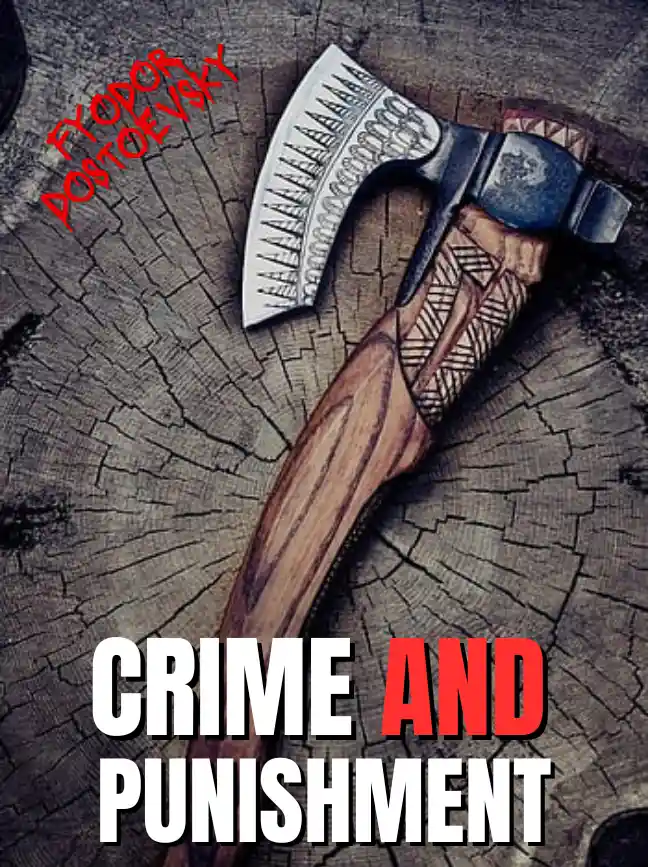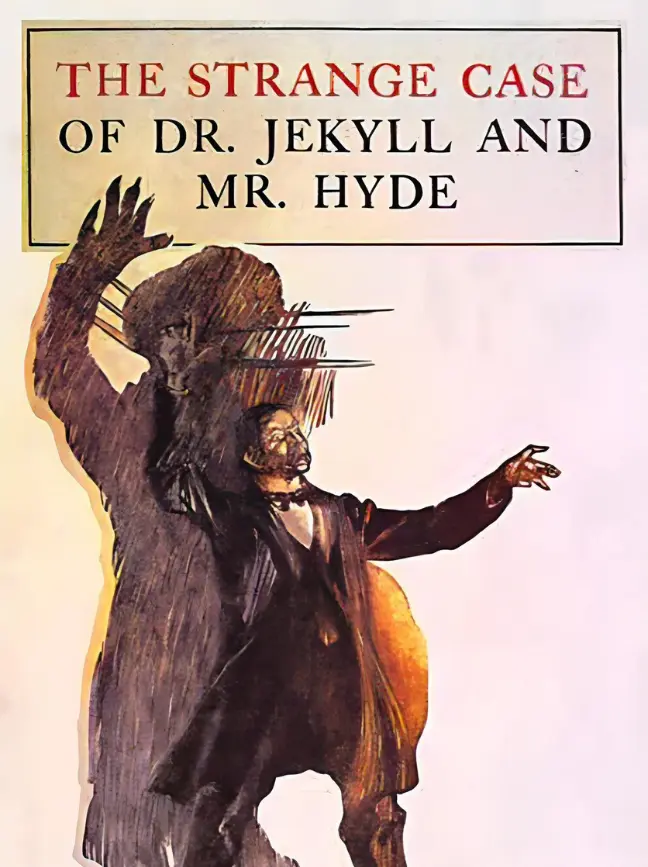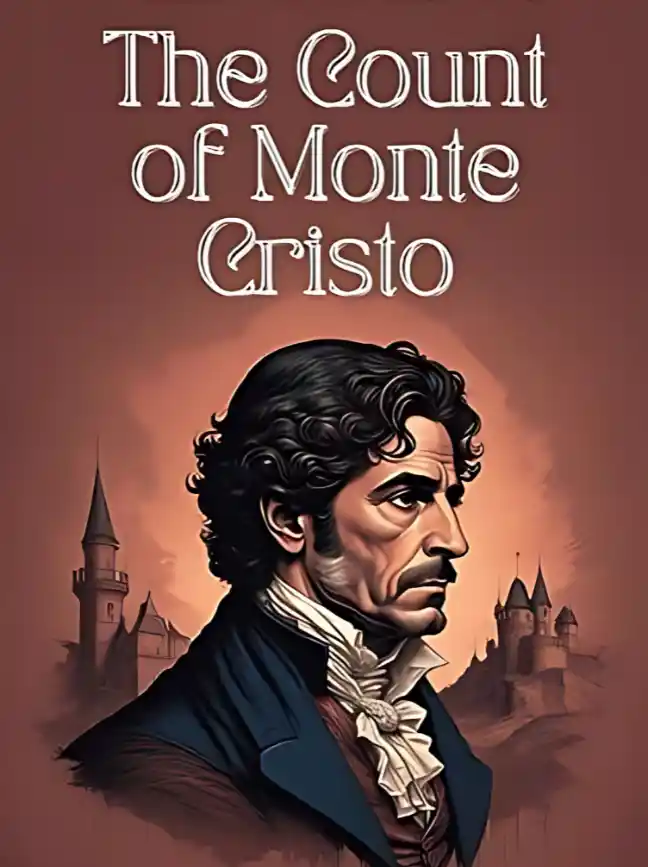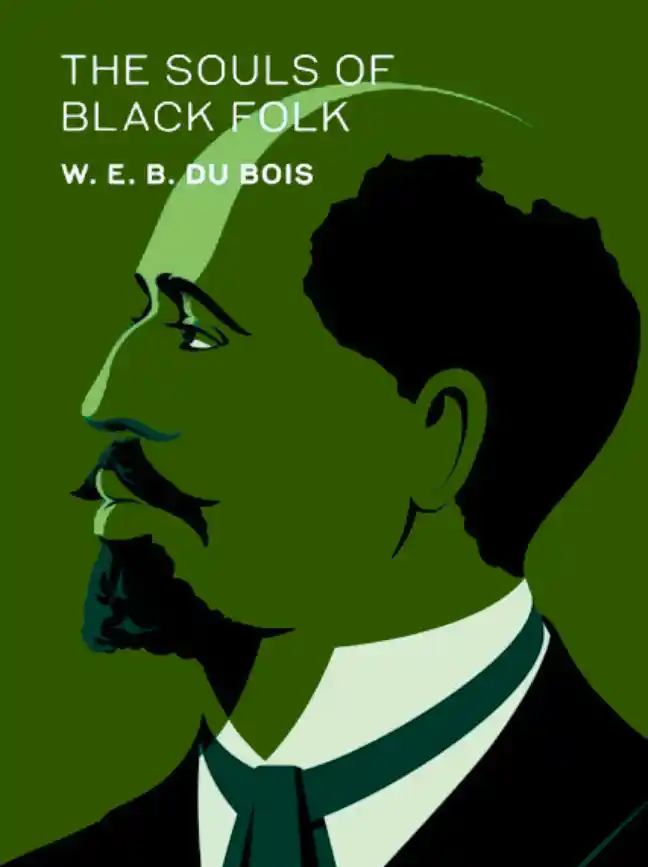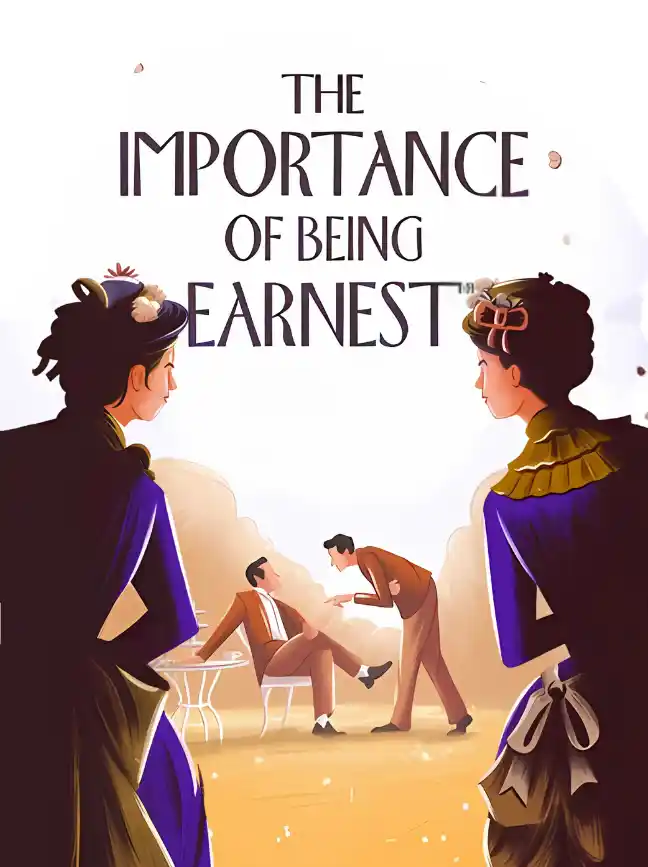“All right, Rip van Winkle,” Finn says. “Let’s go.”
He yanks the covers away from me and I groan. When I scrabble for them again, he sits down and curls my hand around a mug of coffee.
I’ve been here before, I think.
How easy it would be to follow his lead. I roll over and blink up at him. “You’re going to take a shower,” Finn orders, “and then we’re going to
go for a walk.”
We are on day nine of quarantine. We have five more left, before we can leave the apartment. “How?” I ask.
Finn smiles shyly, and I realize he is telling me that he’ll bend the rules for me. That he knows why I had to, when I visited my mother. “One step at a time,” he says.
I’ve spent three days in bed, after she died. I was asleep more than I was awake.
Not once did I ever slip back to the Galápagos, or see Beatriz’s sunburned face, or hear the lilt of Gabriel’s accent.
I am not sure why I thought, while I was drowning again—this time in grief—this alternate reality would come for me.
I’m even less sure what it means that it didn’t.
Finn and I walk along Ninety-sixth Street, under the FDR, toward the East River. We wear our masks and leave extra distance when we pass by people, because even if Finn is being a rebel, he’s still too much of a do- gooder to risk infecting anyone. We pass a couple of guys shooting up, and a lady with a jogging stroller. The grass along the edge of the walkway is lush and green, and flowers crane their throats to the sun.
There is nothing like early summer in Manhattan. There are usually pop- up concerts—boys with drums made of five-gallon containers, hip-hop
dancers defying gravity; businessmen eating shawarma during fast lunch breaks; little girls with shiny white patent-leather shoes clutching their American Girl dolls. There are taxi drivers who wave instead of shout and
sprays of daylilies and everyone has a dog to walk. Now, people are out and about, but moving in furtive, cautious bursts. No one lingers. The few
people who wear their masks beneath their noses are glared at. It is leaner and less crowded, as if half the population has been removed, and that
makes me wonder if this is the way it will always be.
The new normal.
“Do you think we’ll ever go back to the way it was?” I ask Finn.
He glances at me. “I don’t know,” he says thoughtfully. “When I used to talk to patients before surgery, they always asked if they’d be able to do everything they used to do before the operation. I mean, technically, the answer should be yes. But there’s always a scar. Even if it’s not right across your belly, it’s in your head somewhere—the brand-new knowledge that you weren’t invincible. I think that changes you for the long haul.”
We have reached Carl Schurz Park—one of my favorites. There are trees and green velvet gardens and two sets of curved stone steps that always feel like a spot where a fairy tale should start. There’s a playground for kids. A bronze of Peter Pan.
We sit down on a bench across from the statue. “You were right. I needed to get out.” I knock my shoulder against Finn’s. “Thanks for taking care of me.”
“That’s what I’m here for,” he says.
I take a deep breath through my mask. “I’ve always liked this park.” “I know.”
He leans back, tilting his face to the sun, his hands in his jacket. If not for the fact that we are still mired in a pandemic, it would be an absolutely perfect day.
By the time I realize that Finn isn’t just relaxing, he’s no longer rummaging through his pockets. A small ring box is balanced on his knee.
“I know this doesn’t seem like the most opportune time,” he says, “but
the more I think about it, the more I realize it is. I almost lost you. And now, with your mom … well, every day counts. It doesn’t matter to me if nothing ever goes back to normal, because I don’t want to go backward. I want to go forward, with you. I want kids that we can bring here and push on the
swings. I want the dog and the yard and all the things we’ve been dreaming about all these years.”
Finn sinks down to one knee. “Marry me?” he says. “We’ve done the sickness part. How about we try the health?”
I open the box and see the solitaire, simple and lovely, light winking at me.
Three feet away, Peter Pan is frozen in time. I wonder how many years he spent in Wendy’s company here before forgetting that he used to know how to fly.
“Di?” Finn says, laughing nervously. “Say something?” I look at him. “Why aren’t you a magician?”
“What? Because … I’m a surgeon? Why are we talking about this—” “You wanted to be a magician, you said. What changed?”
Awkwardly, he slides back into the seat beside me, knowing the moment is gone. “No one grows up to be a magician,” he mutters.
“That’s not true.”
“But it’s different. The people who do it professionally aren’t making
magic happen. They’re just distracting you from what they’re really doing.”
Finn has always been my anchor. The problem is that anchors don’t just keep you from floating away. Sometimes, they drag you down.
I could paint Finn from memory—every freckle and shadow and scar.
But suddenly it is like seeing someone you recognize in a crowd and getting closer to realize that the person is not who you thought he was.
He rubs his hand on the back of his neck. “Look, if you need time … if I misjudged …” He meets my gaze. “Isn’t this what you want? What we
planned?”
“You can’t plan your life, Finn,” I say quietly. “Because then you have a plan. Not a life.”
There may not be a reason that I survived Covid. There may not be a better man than the one sitting beside me. But I’m not the same person I
was when Finn and I imagined the future … and I don’t think I want to be.
You may not be able to choose your reality. But you can change it.
I am still holding the ring. I put it into his palm, curl his fingers around it.
Finn stares at me, broken. “I don’t understand,” he says, hoarse. “Why are you doing this?”
I feel impossibly light, like I am made of air and thought, instead of flesh. “You’re perfect, Finn,” I tell him. “You’re just not perfect for me.”

